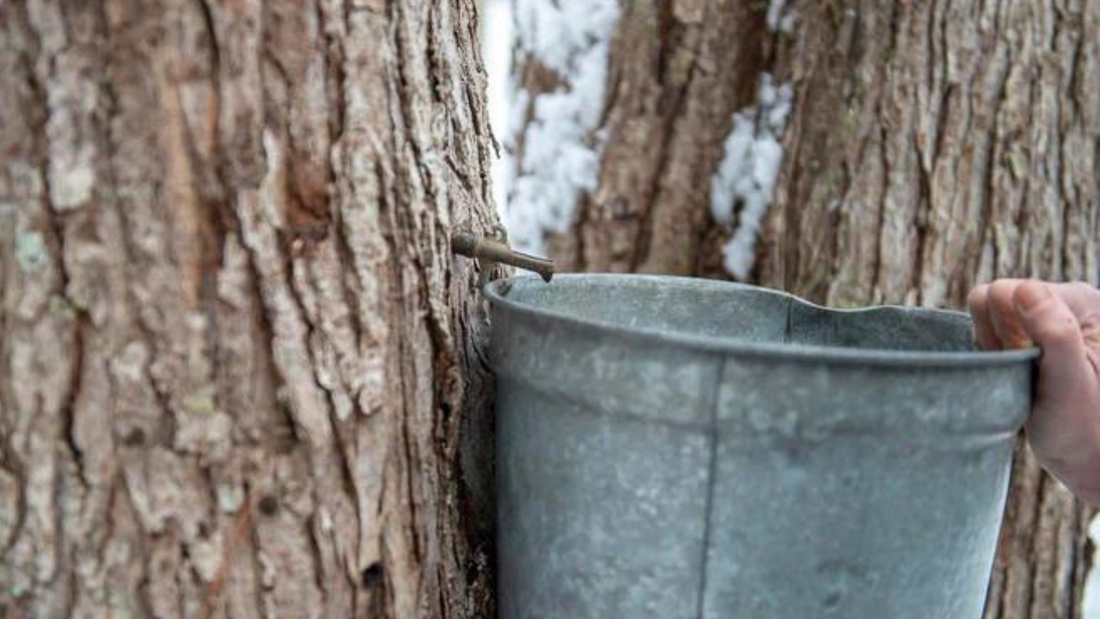
Vermont Maple Heritage
Share
When one thinks of Vermont, picturesque landscapes, vibrant fall foliage, and the essence of rural charm often come to mind. However, Vermont's identity is deeply rooted in something else, something that's been flowing through its history for centuries—maple syrup. And what could we not have that oh so sweet maple syrup without? Maple sap water.
The early days…
The story of Vermont maple syrup begins long before European settlers arrived. Native American tribes in the region, including the Abenaki, were already tapping maple trees and producing maple syrup and sugar long before the arrival of colonists. They used the sap as a source of nutrition and sweetness, and the techniques they developed were passed down through generations. Vermont's climate and abundant sugar maples made it an ideal location for this endeavor. Early settlers used simple tools, like wooden spouts and hollowed logs, to collect sap and boil it down into syrup and sugar.
The Vermont maple industry takes shape…
By the 19th century, Vermont had established itself as a hub for maple syrup production. Innovations like the metal sap spout, cast-iron pans for evaporation, and the advent of sugarhouses marked significant milestones in maple syrup production. Vermonters had embraced maple sugaring as a way of life, and small family farms across the state were tapping trees and producing syrup. In 1923, Vermont introduced a standardized grading system for maple syrup, creating the famous "Vermont Fancy" grade. This grade emphasized the quality, purity, and exquisite taste of Vermont maple syrup, setting a high standard that continues to define the industry to this day. Today, Vermont leads the United States in maple syrup production.
A sustainable future…
Vermont's commitment to sustainability is evident in its maple industry and will be in the beauty industry as well through Clean Maple's sustainability efforts. Many sugarhouses use modern, energy-efficient evaporators, and some are even powered by renewable energy sources. Sustainability practices, such as forest management and responsible tapping, ensure that future generations can continue to enjoy the sweet rewards of Vermont's maple trees.

